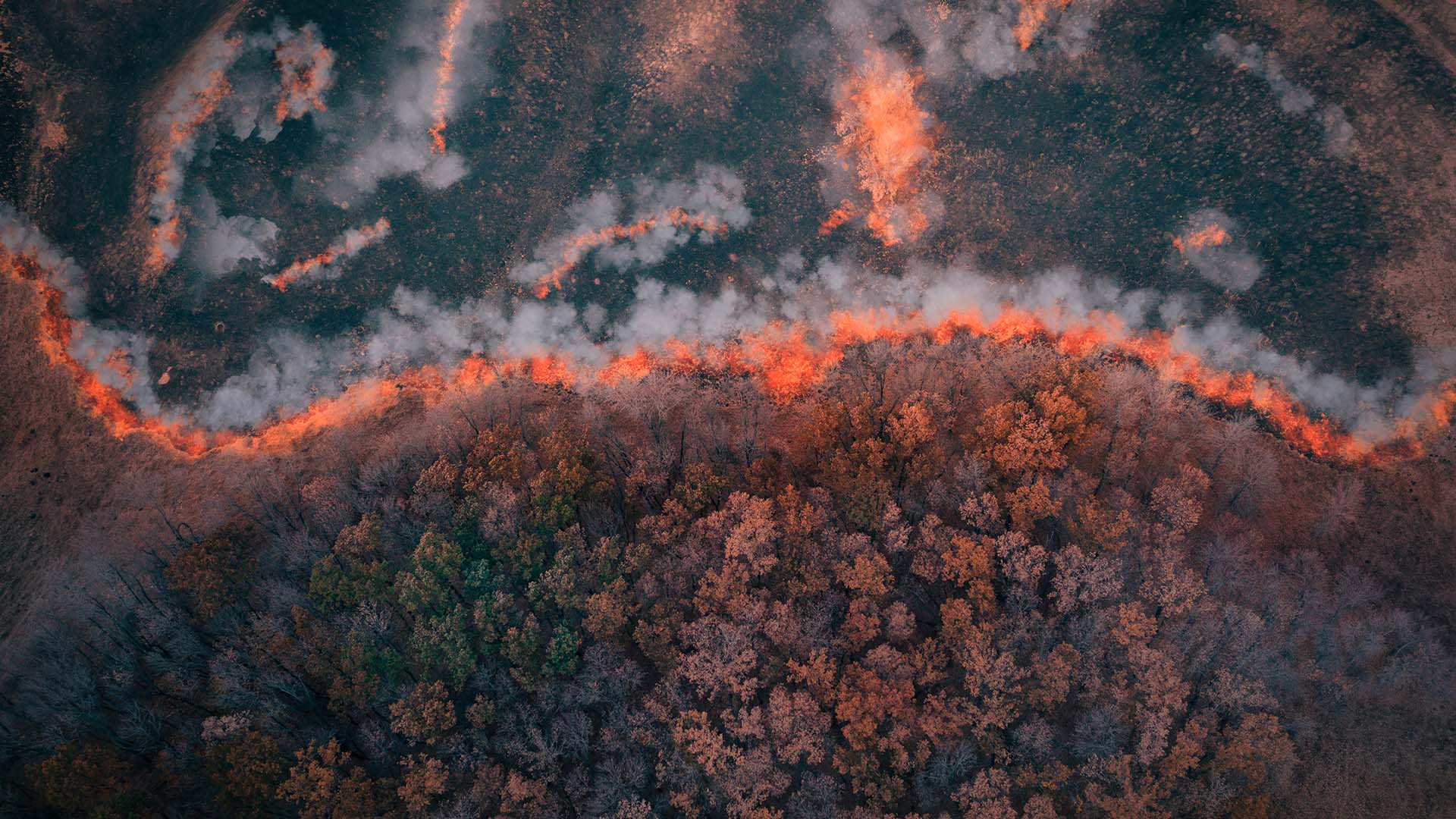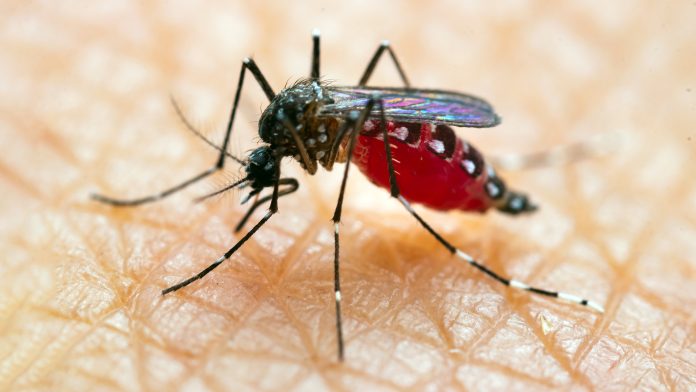The death certificate states cardiovascular failure, stroke or lung cancer. Doctors diagnose high blood pressure, diabetes or dementia. Diseases of civilization! The reasons for premature death include not only unhealthy diet, susceptible genes or an excessive lifestyle, but increasingly also the climate crisis.
Don't miss anything with the WWF newsletter!
Air pollution
The smog in our cities is a side effect of the fossil fuel age, which is still not coming to an end. Exhaust gases from factories, chimneys, power plants and exhaust gases deprive us of the air we can breathe. Five million deaths every year are caused by polluted air. Heart attacks, cardiac arrhythmias and asthma are part of the clinical picture. Around two thirds of air pollution comes from the combustion of fossil fuels. That is why climate protection is also a recipe against various diseases of civilization.
heat
Dirty air is not the only cause of illness that is directly linked to the climate crisis. Global warming itself is also increasingly causing us problems. In 2023, the highest global temperatures in more than 100,000 years were observed. The past decade was the hottest decade ever recorded, and heat records were regularly broken on all continents.

This is not without consequences: high temperatures that are dangerous to health particularly affect older people or people who are already ailing. Heat weakens the body and leads to dizziness, unconsciousness, cardiovascular problems and even death.
A commission of experts from the medical journal The Lancet regularly deals with the topic. In their 2023 report, the scientists noted an 85 percent increase in heat-related deaths among young children and people over 65; in just a decade! The figures from the Robert Koch Institute are also worrying. Accordingly, the summer heat of 2023 claimed over 3,000 lives in Germany alone. This should not be an exceptional year. The experts at The Lancet fear that heat-related deaths will more than triple by the middle of the century.
Extreme weather makes you sick

Not only is it getting warmer, but the weather is also becoming more extreme. Massive floods alternate with long-lasting droughts. Hurricanes and forest fires cause enormous damage and cost enormous amounts of money for reconstruction. At the same time, they cost millions of people their lives. It's not just acute natural disasters that take their toll. More frequent heat waves and droughts are causing hunger to increase again. The number of undernourished people has increased by more than 120 million in just a few years. The climate crisis leads to hunger, and hunger makes people sick.

Infectious diseases
The distribution area of pathogens changes with the climate. Blood-sucking insects are penetrating areas where they previously had little chance of survival. And they bring with them diseases that were previously only known from the tropics. The advance of tiger mosquitoes or the proliferation of ticks promote the spread of infectious diseases such as dengue, Zika or West Nile fever. Isolated cases of malaria have also been observed in Europe. In the Lancet report mentioned above, doctors expect that the risk of transmission of dengue fever – a feverish illness that is associated with headaches, muscle, limb, bone or joint pain – will increase by over 35 percent by the middle of the century increases.
Follow us on social media
Due to the warming of the world's oceans, disease-causing vibrios are among the winners of the climate crisis. These are bacteria that occur in the oceans and multiply particularly strongly at higher temperatures. If they enter the body, they can cause vomiting diarrhea and infections. The rising sea temperatures mean that the bacteria find optimal conditions. 1.4 billion people now live in vulnerable coastal areas and are at risk of becoming infected with the pathogens.

The climate crisis poses enormous challenges for health systems, especially in developing countries. This requires a lot of money and holistic thinking. The health of humans, animals and the environment are closely linked. The so-called “One Health approach” attempts to respond to this. The aim is to jointly look at the threats to the health and condition of our ecosystems and to initiate measures against the climate crisis. There is evidence to suggest that this integrated approach still faces some challenges. Because it is becoming increasingly clear: the climate crisis is also a health crisis.
Follow us on social media:


